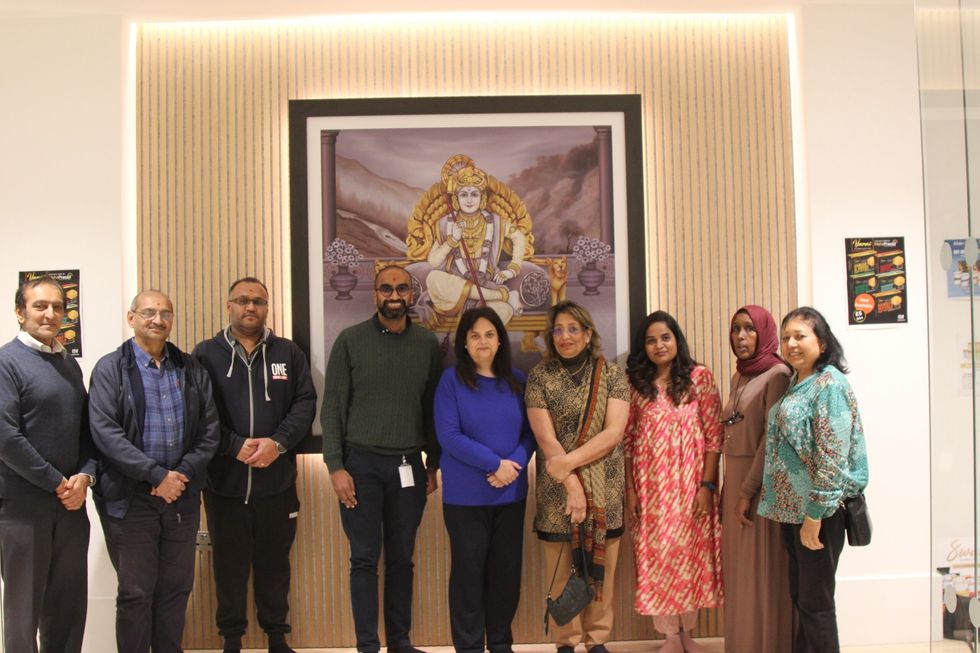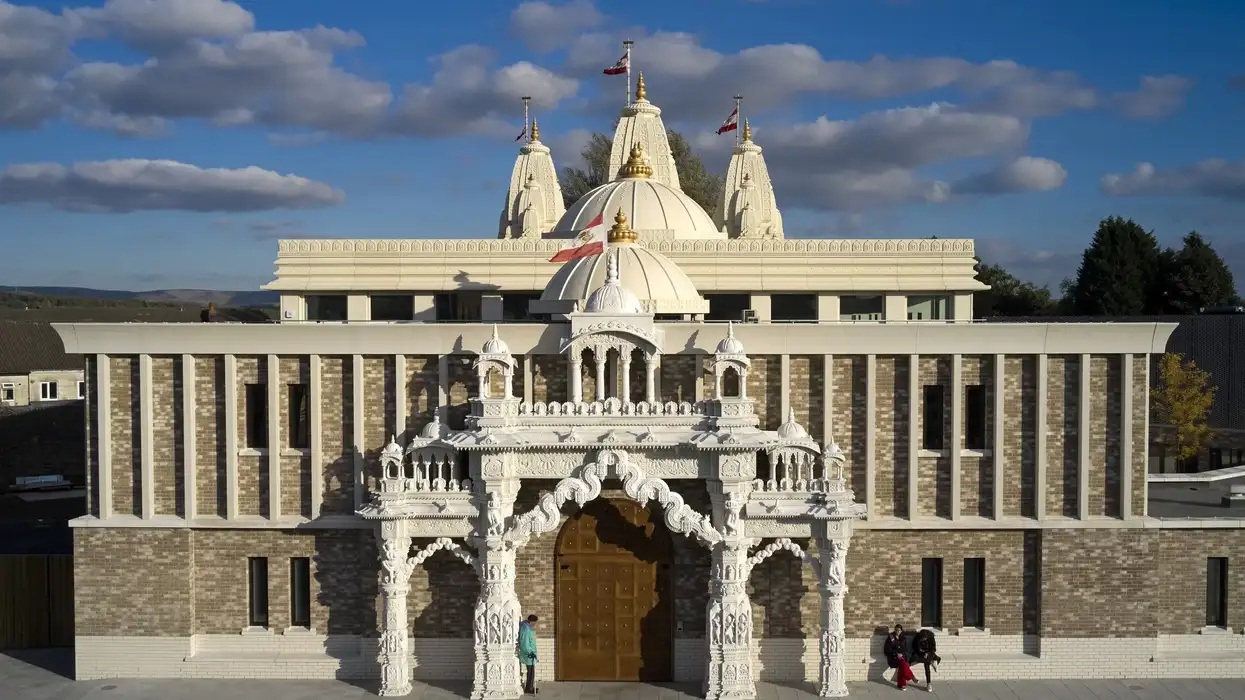The Shree Swaminarayan Mandir in Oldham has announced a collaboration with Saheli, a women's charity focused on helping individuals from black and Asian minority ethnic communities affected by domestic abuse.
This partnership reflects the temple's commitment to fostering inclusivity, empowerment, and community well-being, particularly aimed at helping BAME women rebuild their lives.
In a few weeks, the temple gathered 176kilos of donations comprising clothes, toys, household items, and electrical appliances for Saheli, a press release from the Temple said.
Founded in 1976, Saheli, based in Manchester, offers support and refuge to BAME women and their children impacted by domestic abuse among its many services.
Priya Chopra, representing Saheli, expressed immense gratitude for the temple's swift and impactful assistance, recounting a recent incident where the temple promptly arranged warm food and supplies for a struggling mother and her young child within half an hour of request.

The temple volunteers went a step further, and even purchased baby formula upon realising the child's needs.
Chopra said, “Their support emboldens our mission to empower survivors and combat gender-based violence. Together, with the temple's commitment, we can amplify our impact, reaching more individuals in need and foster a community of solidarity and support.
“We look forward to this partnership, working hand in hand to create a world where everyone feels safe, respected, and empowered. We thank them for joining us in this vital cause."
The temple plans to host charity events in the upcoming year to raise funds and further highlight Saheli's work in Manchester.
Temple volunteer Geeta Patel highlighted the incredible community support, mentioning an instance where temple members provided transportation to the Saheli Group for a temple event, showcasing their dedication to lending a helping hand.
The Shree Swaminarayan Mandir temple, constructed entirely by volunteers, has a history of charitable engagement.
In the past year, the temple conducted numerous fundraising initiatives for the charity called Maggies, and raised significant amounts through festive events and with club contributions.
These efforts included hosting Christmas celebrations that amassed £1,500 in donations. Additionally, participants from the temple's running club contributed significantly, raising a substantial £3,000 during the Great Manchester Run.
Anil Kara, a temple trustee, emphasised the importance of this partnership in raising awareness and providing support for BAME women facing challenging circumstances.
He said, “We really wanted to partner with a charity which we could get behind and raise more awareness around some of the issues that BAME women are going through.”
The temple's spirit of volunteerism stands ready to help these resilient women and bolster the invaluable work carried out by Saheli, he added.




